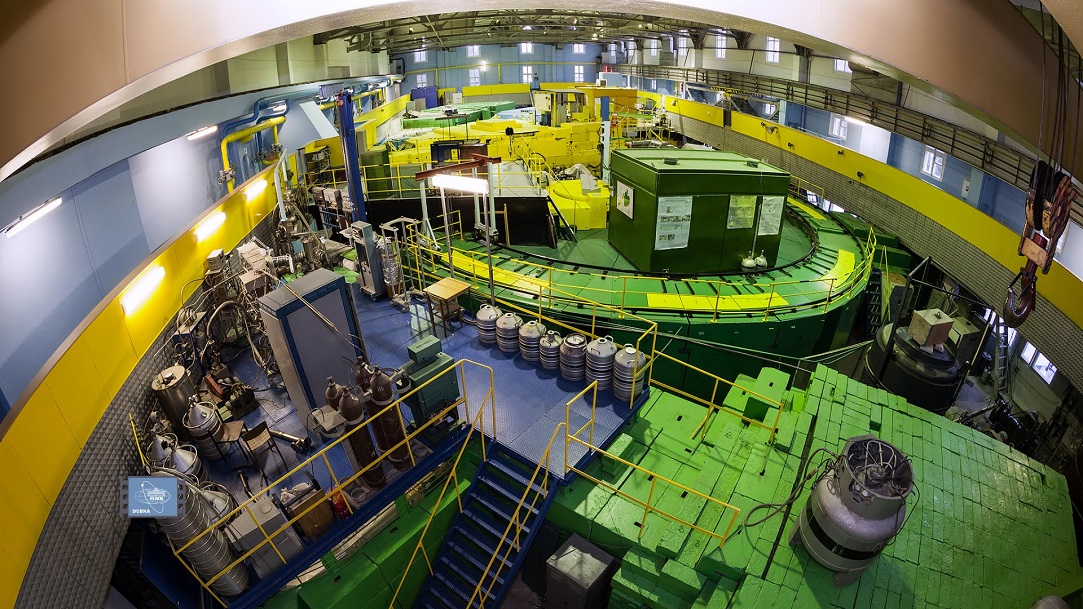
HSE Accepting Works by Students from All Universities for Research Competition
The Higher School of Economics has begun accepting works for its annual Student Research Paper Competition. Applications are due October 15 and can be submitted on the competition’s website.

Control Groups: Teenagers’ Knowledge Can Be Predicted Based on Their Social Media Interests
High school students’ membership in certain social media groups can be used to predict their academic performance, as demonstrated by Ivan Smirnov in his research. The analysis of school students’ membership in groups and communities was used to detect low-performing and high-performing students.
Researchers Determine Space Weather near Earth’s Closest Exoplanet
Researchers from the Higher School of Economics and Space Research Institute (Russia) have calculated the main parameters that determine space weather close to the nearest Earth-like exoplanet, Proxima Centauri b. Such parameters include solar wind, as well as galactic and solar cosmic rays. The results of the research were published in Astronomy Letters.
Window into the Brain: HSE Researchers Are Developing a New Generation of MEG Devices
In collaboration with scientists from the Ioffe Institute, HSE researchers have developed an ultra-sensitive atomic magnetometric scheme with a sensitivity of 5 fTl×Hz-1/2, setting a performance record for sensors operating in the Earth's magnetic field. The scheme will be used to design a multichannel atomic magnetoencephalograph, expected to be the most accurate and compact device available today for non-invasive measurement of the brain's electrical activity.

HSE and JSC Glonass Sign Cooperation Agreement
JSC Glonass and the HSE Tikhonov Moscow Institute of Electronics and Mathematics (MIEM HSE) have signed an agreement to work together in the field of satellite navigation technology in order to create services that foster the socioeconomic development of Russia and its regions.
Thin Films Can Enhance Vorticity in the Ocean
Scientists from the Higher School of Economics and the Landau Institute for Theoretical Physics of Russian Academy of Sciences have investigated how vortex flows penetrate the interior of a liquid. The authors of the article have shown that specific (thin liquid and insoluble) films on the surface of water enhance eddy currents. These currents are produced by the interacting surface waves directed at an angle to each other.
Scientists Uncover New Facts Concerning Working Memory in Children
Researchers from the Higher School of Economics conducted a meta-analysis by compiling data across 17 neuroimaging studies on working memory in children.The data obtained shows concordance in frontoparietal regions recognized for their role in working memory as well as regions not typically highlighted as part of the working memory network, such as the insula.

HSE and Joint Institute for Nuclear Research Sign Cooperation Agreement
The HSE Faculty of Physics and the Joint Institute for Nuclear Research (JINR) have reached an agreement on a joint partnership. From the beginning of the next academic year, students from the faculty will be able to carry out internships at the institute’s various research laboratories.
Russian Psychometrics at an International Level
Dmitry Abbakumov is the first researcher from a Russian university to present their work at the Psychometric Society conference, founded in 1935. He told the HSE new service about his study of online learning and why Russia has not played a major role on the international psychometrics scene – until now.
Researchers Use Nanotechnology to Improve the Accuracy of Measuring Devices
Scientists from Higher School of Economics and the Federal Scientific Research Centre ‘Crystallography and Photonics’ have synthesized multi-layered nanowires in order to study their magnetoresistance properties. Improving this effect will allow scientists to increase the accuracy of indicators of various measuring instruments, such as compasses and radiation monitors.

